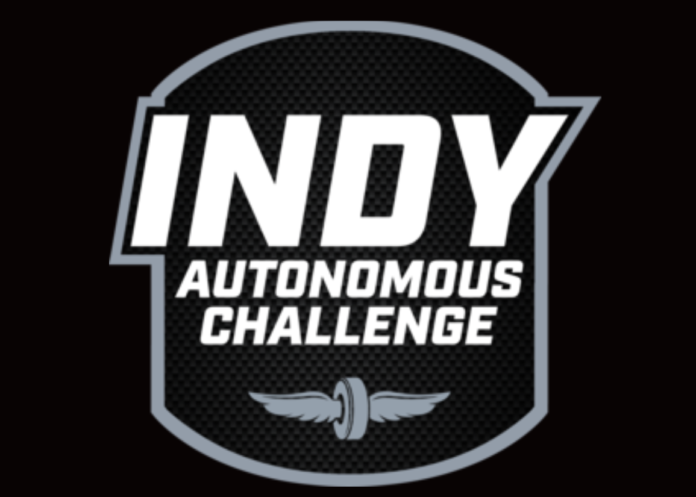The world’s first autonomous race at the Indianapolis Motor Speedway ended in a disappointing crash for two University of Waterloo students in late-October.
The team consisted of Brian Mao, a master’s student in applied mathematics, and Ben Zhang, a master’s student in electrical and computer engineering. They also had teammates from three U.S. universities including the Massachusetts Institute of Technology, the University of Pittsburgh and the Rochester Institute of Technology.
The two UW students helped design a self-driving race car that was able to reach up to 120 miles per hour to compete in the Indy Autonomous Challenge (IAC) on October 21.
The IAC was organized by Energy Systems Network and the Indianapolis Motor Speedway, featuring nine teams of students from 21 universities across nine countries, who programmed Dallara AV-21 race cars and competed for a US$1 million grand prize. The Dallara AV-21 is a race car that was created in collaboration with Dallara’s Italian headquarters in Varano Melegari and the Dallara IndyCar Factory in Speedway, Ind.
The purpose of the IAC was to help drive advancements in technology that could help speed up the commercialization of self-driving vehicles.
The participating race cars were required to finish two laps as fast as possible, with the top three teams moving on to an additional race to compete for the prize money. There was also an obstacle avoidance challenge.
Before the UW students’ team’s race car even completed their warm-up lap, a GPS failure resulted in an unplanned left turn into an infield wall.
A German team from the Technical Institute of Munich, which consisted of 45 masters and PhD students, took home the grand prize with an average speed of almost 136 miles per hour.
Two other race cars achieved a higher speed during their laps. A team from the University of Modena and Reggio Emilia, the University of Pisa in Italy, ETH Zurich in Switzerland and the Polish Academy of Sciences achieved a speed of 139 miles per hour during their first lap but slowed down significantly shortly after due to a programming error.
The Polytechnic University of Milan and the University of Alabama’s race car achieved the fastest speed of the event at 157 miles per hour, but crashed due to a GPS error.
Overall, four of the nine competing teams crashed or failed to complete the race due to similar problems.
Despite the crash, Mao and Zhang told UW that they had no regrets and learned a lot from their experience preparing and competing in the challenge.
“The crash doesn’t take away from the entire experience,” Mao said. “I still learned a whole lot, experienced many things, and it’s all about the journey, not just the destination. We know how to do better in the future now.”
































